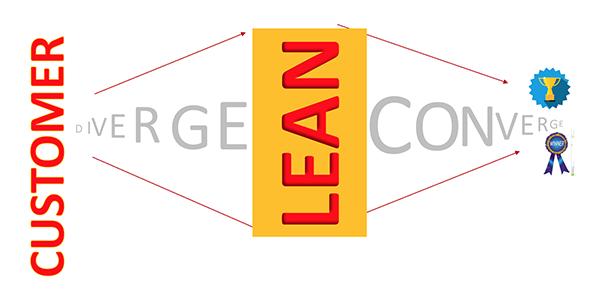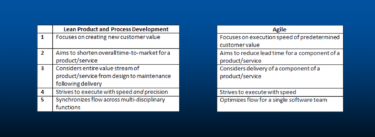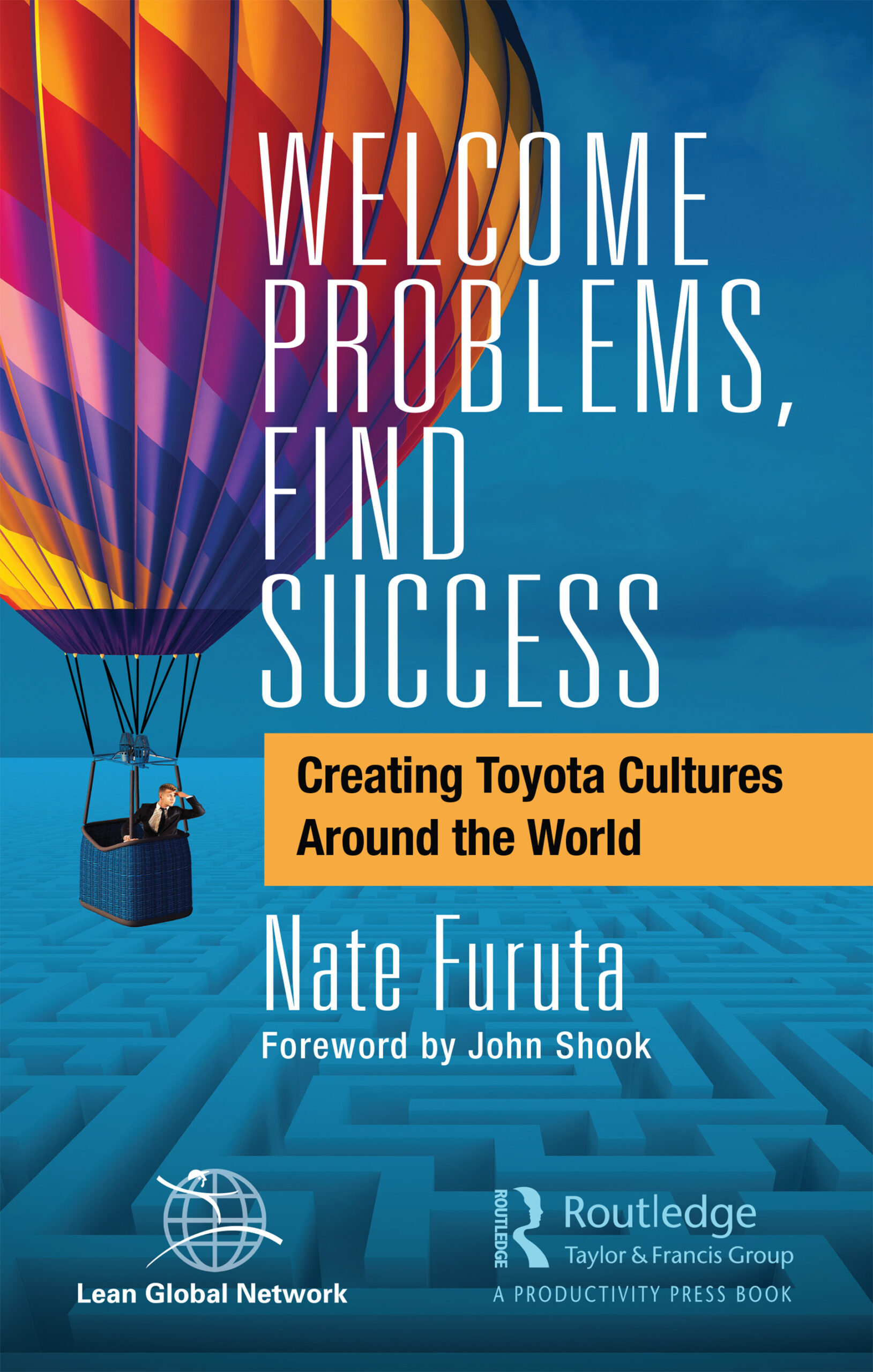Although lean thinking has been accepted and successful in manufacturing and many service settings, such as healthcare, there is still a lot of angst associated with applying lean to the creation of innovative products and services. The concern starts with a fear that lean stifles creativity, which contributes to low success rates, and, at best, results in minor cost reductions within product and service development.
Companies like Goodyear, which enjoyed a successful lean transformation in its global innovation centers, have refuted the myths around lean innovation: Goodyear’s innovation center in Akron, Ohio, won the 2016 AME Excellence Award, proving that lean principles popular in manufacturing, like standard work and pull, even fit well into a process designed to create disruptive innovation. Some critics may concede that lean thinking can work for incremental innovation and repetitive R&D work, but few lean thinkers venture into the disruptive (or fuzzy) part of the process. This is unfortunate because this is where the biggest gains can be achieved.
Let’s start our lean innovation work with a page out of the traditional lean textbook: focus on the customer and the targeted exploration of the complete design space. Many companies do rather well with idea creation, but they are not focused enough and take on too many new ideas, which quickly clog their innovation pipeline. (Goodyear had that problem before lean.) A focus on the customer can prioritize ideas, without inhibiting creativity.

Lean thinking also is effective to move from generating many customer-focused ideas to efficiently zooming in on the most successful ones. Here, we draw inspiration from the software industry, where the use of scrum and agile methods are very popular: Work is first broken down into small pieces and a multidisciplinary team works on one piece at a time; a different team may work simultaneously on another aspect of the project. The teams define the work to be done in a small timeframe (a few weeks to a few months) and spell out the deliverables for each cycle. At the end of a cycle, the team assesses the result (often with the customer or the sponsor) and decides if an additional cycle is necessary or if the project should be frozen (freezing a project allows it to emerge another day).
These work cycles should not occur in a random or unfocused fashion, as I’ve seen at some companies. It is best to start a scrum-like innovation process by establishing the most critical knowledge gaps — those with the highest market potential and at the same time the highest risk. These are critical questions ranging from, “Can we sell a service like this?” to “Can the technology be developed to support this idea?” If such binary questions cannot be answered positively by a short, focused effort of the multidisciplinary team, there is no reason to move to a less important question.





